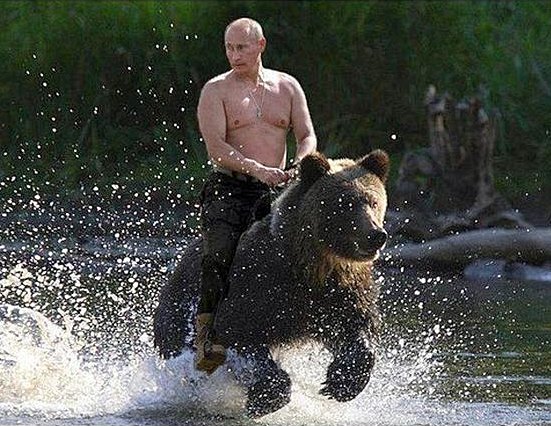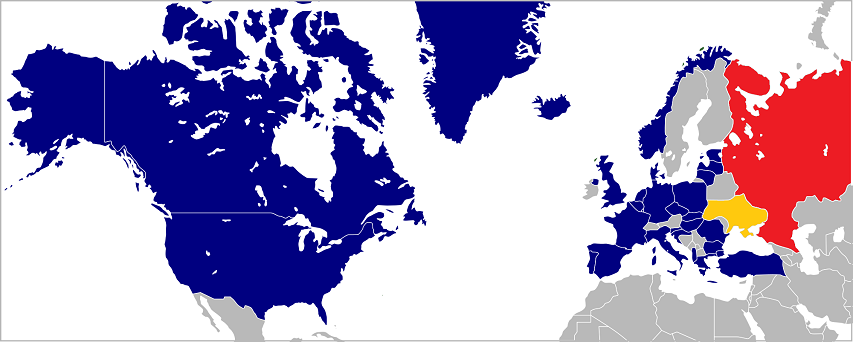In Forbes, Roger Scruton provides a few reasons why Europe — especially Eastern Europe — is much tougher to defend now than it was in the post-Cold War years:
Three factors are principally responsible for this. The first is the growth of the European Union, and its policy of dissolving national borders. The EU has set out to delegitimize the nation state, to make it irrelevant to the ‘citizens’ of the Union whether they be French, British, Polish or Italian, and to abolish the national customs and beliefs that make long-term patriotic loyalty seriously believable. The EU’s attempt to replace national with European identity has, however failed, and is widely regarded with ridicule. Moreover the EU’s inability to think coherently about defense, and its policy of ‘soft power’ which makes defense in any case more or less inconceivable, means that the motive which leads ordinary people to defend their country in its time of need has been substantially weakened. Patriotism is seen as a heresy, second only to fascism on the list of political sins, and the idea that the people of Europe might be called upon to defend their borders looks increasingly absurd in the light of the official doctrine that there are no borders anyway.
The second reason for European weakness is connected. I refer to the guarantee, under the European Treaties, of the right to work and settle in any part of the Union. This has led to a massive migration from the former communist countries to the West. The people who migrate are the skilled, the entrepreneurial, the educated – in short, the elite on whom the resolution and identity of a country most directly depends. Very soon countries like Latvia, Lithuania, Poland and Romania, all of which are directly threatened by a militant Russia, will be without a committed and resident class of leaders. No doubt, should the tanks start to roll, the émigré populations of those countries will protest. But will they return home to fight a pointless war, leaving their newly-won security and prosperity behind? I doubt it.
The third factor tending to the indefensibility of Europe is the dwindling American commitment to the Western alliance. President G.W. Bush was prescient enough to revive the idea of anti-missile defenses in Eastern Europe, and the military in both Poland and the Czech Republic were prepared to go along with it. Putin displayed his KGB training immediately, by declaring that these purely defensive installations would be an ‘act of aggression’. All the old Newspeak was trotted out in the effort to influence the incoming administration of President Obama against his predecessor’s policy. And the effort was successful. Obama weakly conceded the point, and the anti-missile defenses were not installed. Since then the Obama administration has continued to divert resources and attention elsewhere, creating the distinct impression in Europe that America is no longer wholeheartedly committed to its defense.





